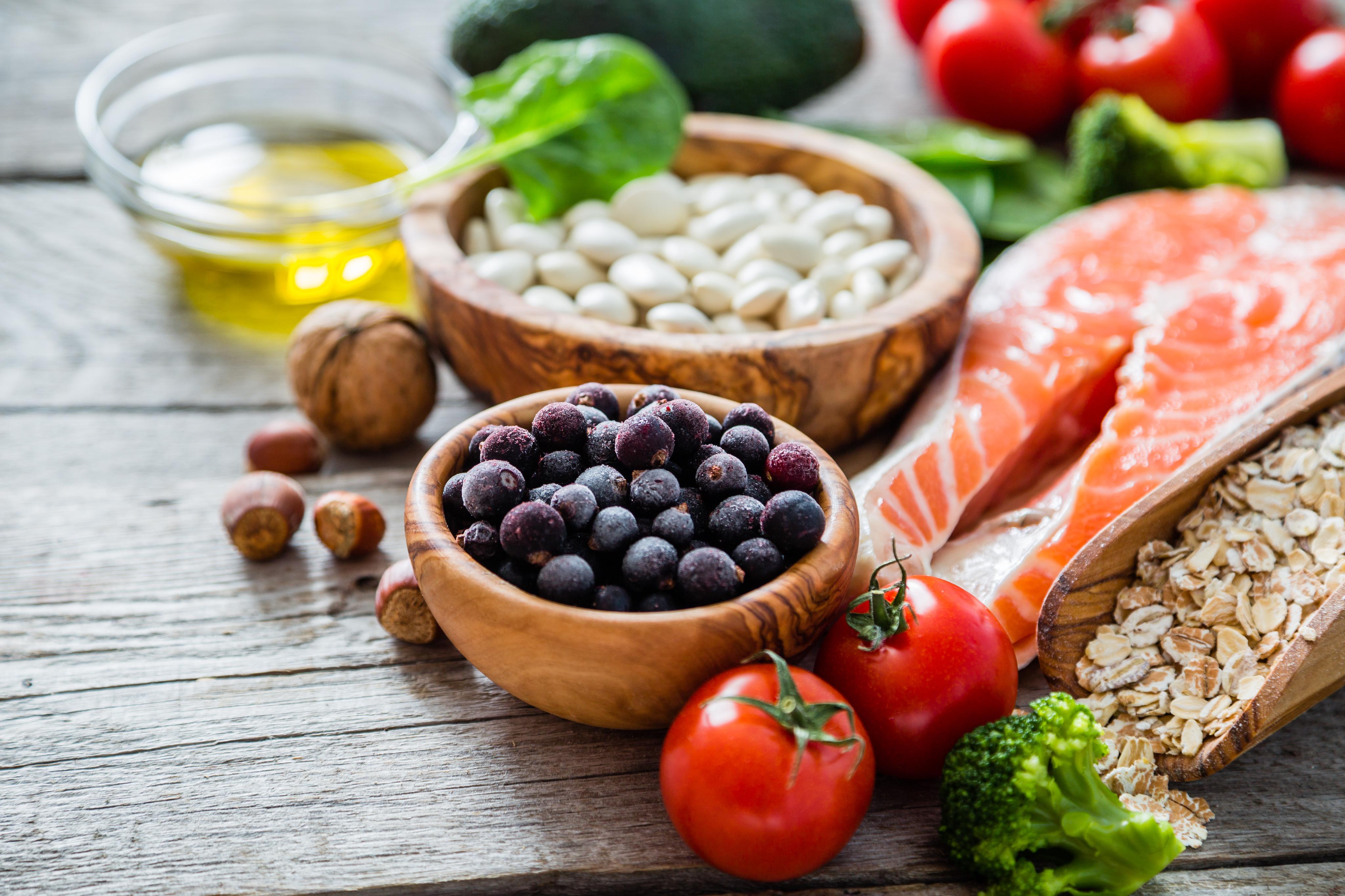The Power of Nutrition: Fueling Your Body for Health and Wellness
We've all heard the saying "you are what you eat." But have you ever really thought about what that means? The food we eat plays a critical role in our health and well-being. It provides the energy we need to get through the day, supports our immune system, and can even impact our mood and mental health. In this article, we'll explore the power of nutrition and how you can use it to fuel your body for optimal health and wellness.
The Basics of Nutrition
Before we dive into the specifics of how nutrition impacts our bodies, let's review some basic nutrition concepts. Our bodies require six essential nutrients to function properly: carbohydrates, proteins, fats, vitamins, minerals, and water. Carbohydrates provide energy, while proteins help build and repair tissues. Fats are essential for brain function and hormone production, and vitamins and minerals are critical for various bodily functions. Finally, water is essential for hydration and helps regulate body temperature.
While all of these nutrients are important, it's essential to strike a balance between them. Eating too much of any one nutrient can have negative consequences. For example, consuming too many carbohydrates can lead to weight gain and an increased risk of developing type 2 diabetes. Eating too much fat can lead to heart disease and high cholesterol.
The Impact of Nutrition on Our Bodies
Now that we've covered the basics of nutrition, let's explore how different nutrients impact our bodies.
Carbohydrates
Carbohydrates are our body's primary source of energy. They're found in foods like bread, pasta, fruits, and vegetables. When we eat carbohydrates, our body breaks them down into glucose, which our cells use for energy. However, not all carbohydrates are created equal. Simple carbohydrates, like those found in candy and sugary drinks, are quickly digested and can lead to a spike in blood sugar levels. Complex carbohydrates, like those found in whole grains and vegetables, are digested more slowly and provide a steadier source of energy.
Proteins
Proteins are essential for building and repairing tissues in our bodies. They're found in foods like meat, fish, eggs, and beans. When we eat protein, our body breaks it down into amino acids, which our cells use to build and repair tissues. It's essential to get enough protein in our diets, especially if we're active or looking to build muscle. However, eating too much protein can be harmful, as it can lead to kidney damage and other health problems.
Fats
Fats are essential for brain function and hormone production. They're found in foods like nuts, oils, and fatty fish. When we eat fats, our body breaks them down into fatty acids, which are used for various bodily functions. It's important to include healthy fats in our diet, like those found in nuts and fish, while limiting saturated and trans fats, which can lead to heart disease.
Vitamins and Minerals
Vitamins and minerals are critical for various bodily functions. They're found in a variety of foods, including fruits, vegetables, and whole grains. Each vitamin and mineral plays a unique role in our bodies, and it's essential to get enough of each to stay healthy. For example, vitamin D is essential for bone health, while iron is critical for transporting oxygen throughout our bodies.
Water
Water is essential for hydration and helps regulate body temperature. It's found in a variety of sources, including tap water, bottled water, and fruits and vegetables. It's important to drink enough water to stay hydrated, especially if you're active or live in a hot climate.
Putting It All Together
Now that we've explored the impact of different nutrients on our bodies, let's discuss how to put it all together to create a healthy, balanced diet.
The key to a healthy diet is variety. Eating a variety of foods ensures that we're getting all the essential nutrients our bodies need. Aim to fill your plate with fruits and vegetables, whole grains, lean proteins, and healthy fats. When choosing carbohydrates, opt for complex carbs like whole grains and sweet potatoes, and limit simple carbs like candy and soda. Choose lean proteins like chicken, fish, and beans, and limit red meat and processed meats like bacon and sausage. Include healthy fats like those found in nuts and avocado, and limit saturated and trans fats.
In addition to choosing healthy foods, it's important to pay attention to portion sizes. Eating too much of even healthy foods can lead to weight gain and other health problems. Use the "plate method" as a guide: aim to fill half your plate with fruits and vegetables, a quarter with lean protein, and a quarter with whole grains.
Finally, it's important to stay hydrated. Aim to drink at least eight glasses of water per day, and more if you're active or live in a hot climate. You can also get hydration from other sources like fruits and vegetables.
The Benefits of a Healthy Diet
Eating a healthy, balanced diet has numerous benefits for our bodies. It can help us maintain a healthy weight, reduce our risk of chronic diseases like heart disease and type 2 diabetes, and even improve our mental health. Eating a diet rich in fruits and vegetables has been shown to lower our risk of cancer and other diseases, while consuming healthy fats like those found in fish can improve brain function and reduce our risk of depression.
Labels: foods, health, Interesting


0 Comments:
Post a Comment
Subscribe to Post Comments [Atom]
<< Home